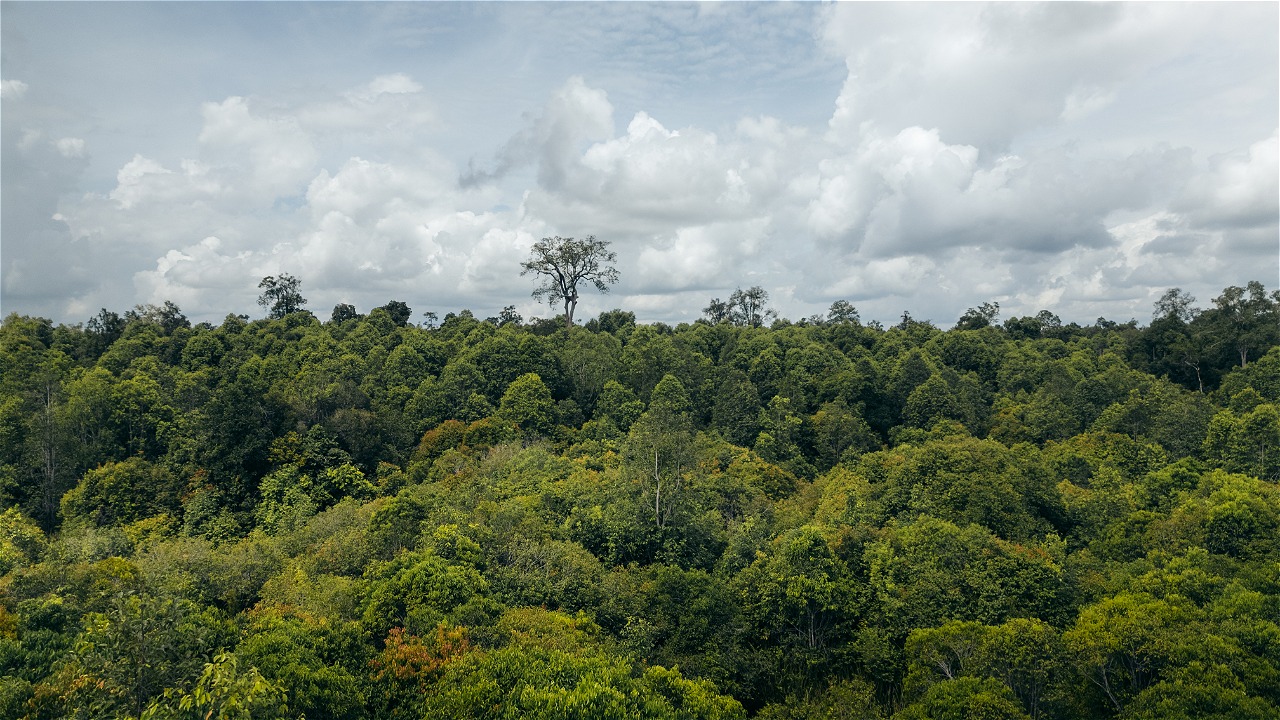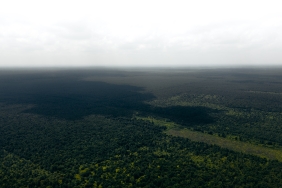CLIMATE CHANGE SKEPTICS LIVING A LIE, ENVOY SAYS
Indonesia. Indonesia’s special envoy for climate change has lashed out at skeptics, saying they threaten to derail ongoing negotiations for climate change mitigation.
Earlier this week, an Indonesian study on the vulnerability of small islands to climate change indicated rising sea levels and altered rain patterns, but the study’s authors insisted there was no conclusive proof of climate change at work.
However, bureaucrats have been quick to champion the study as proof of climate change, despite the disclaimer by academics.
“Climate change skepticism is a lie, and it disrupts the negotiations we’re conducting,” Rachmat Witoelar, the former environment minister and now the special envoy for climate change, said on Thursday.
“Climate change is real beyond a reasonable doubt, and the proof is empirical. Just look at the floods in Pakistan or the forest fires in Russia. Those weather extremes are the result of a changing climate.”
Those who question the arguments that climate change is real and man-made have long voiced their skepticism, but they only rose to prominence a month before the climate change negotiations in Copenhagen last December, when hackers leaked documents from the University of East Anglia’s Climactic Research Unit that indicated global warming and human influence on the environment were overstated.
Rachmat said skepticism was being used as yet another excuse by developed countries to withhold aid or technology to developing countries to deal with the impact of climate change.
“In Bali [at the December 2007 climate change talks], they said they weren’t obliged to finance climate change mitigation projects because developing countries were just as much to blame for contributing to greenhouse gas emissions,” Rachmat said.
“Now they’re using climate change skepticism to justify not handing over any money.”
However, an independent climate activist argued that skeptics were far less of a threat to the negotiations than opportunists seeking to benefit from carbon trading schemes.
“I don’t believe the climate change skepticism lobby is all that strong in Indonesia,” Giorgio Budi Indrato, the coordinator of the Civil Society Forum for Climate Justice, said on Thursday.
“The arguments here are just about the methodology used to measure climate change parameters, whereas in Europe the skepticism is more pronounced.”
Meanwhile, Rachmat said it was unlikely that any meaningful binding agreement would be reached at the next climate change summit, to be held in Cancun, Mexico, in November, a sentiment previously raised by UN Secretary General Ban Ki-moon.
“There’s a common realization that if we don’t reach any agreement then everybody loses,” Rachmat said.





